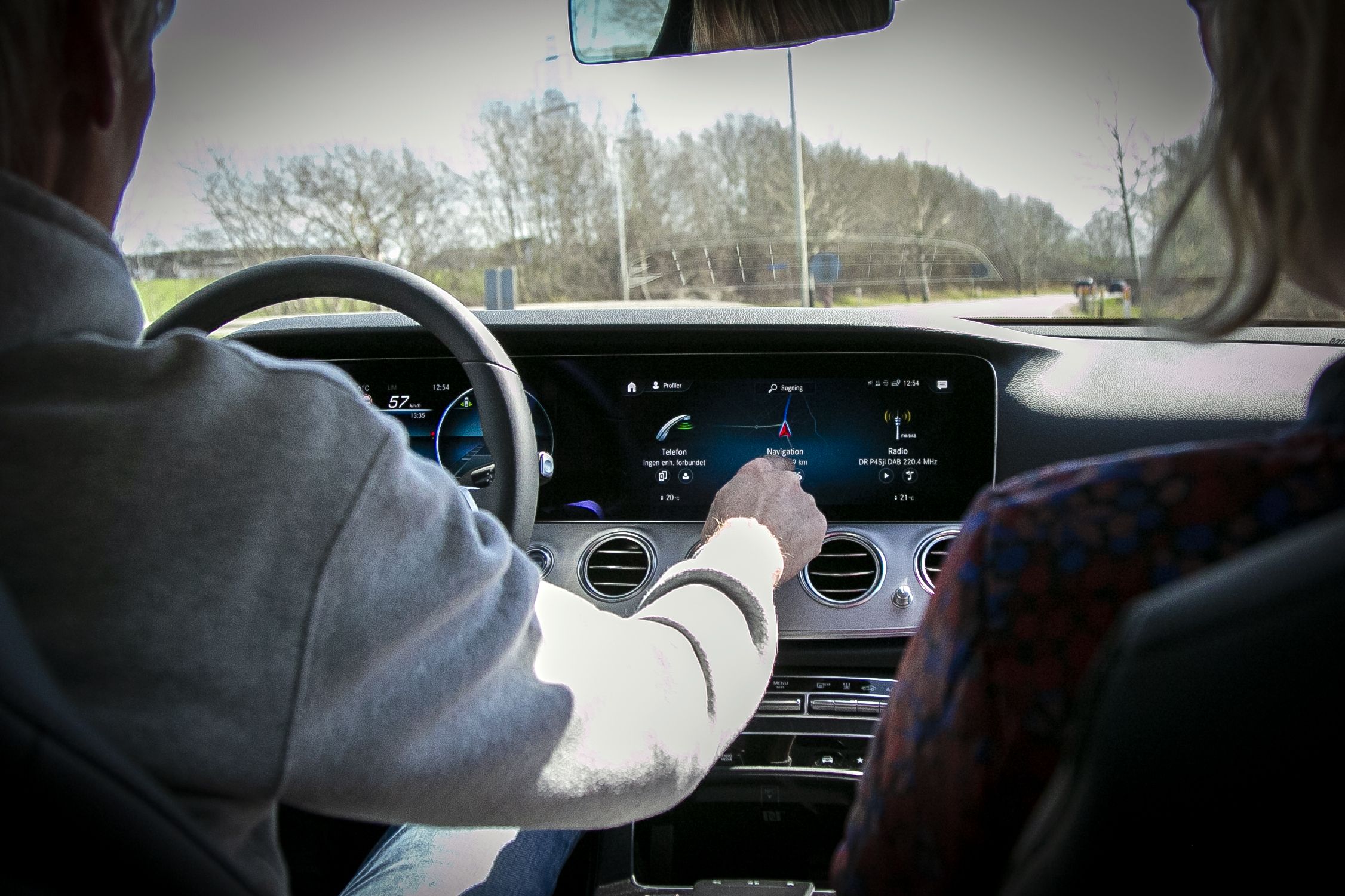You might think the biggest cause of traffic fatalities is excessive speed, and it has been historically since the advent of the motor car.
But in recent years, a new menace has emerged: inattention.
According to Vejdirektoratet figures, it has accounted for 60 percent of all fatalities over the last five years on Danish roads: 505 deaths.
But while motorists know how dangerous it is to look at a screen or handheld whilst driving – three out of four correctly identified it as the leading cause of fatalities, ahead of speed – many continue to do so.
In fact, a minority still think it’s perfectly acceptable to either speak, read or text whilst driving – which is why a new campaign, ‘Kør bil, når du kører bil‘, has been launched this week.
One death every four days
“Every four days a person dies in traffic due to inattention. All too often it is the electronics inside the cabin that steal the attention, but there are no text messages or changing music tracks that are so important that they cannot wait,” said Lisbeth Sahl Bauditz, the senior project manager at Rådet for Sikker Trafik, the council for safe traffic.
The latest Rådet for Sikker Trafik and Wilke study reveals that over 10 percent of drivers occasionally or frequently talk on a handheld mobile phone – and more than 20 percent, if you include those who rarely do.
Up to a third sometimes read a text or check the internet – even though 87, 89 and 91 percent find it unacceptable to talk, check or write respectively at a speed of 40 km/h or slower.
While fewer are using handhelds, more are using fixed devices, which the law permits – and this has led to an increase in the numbers who check/read messages.
“Maybe it’s unpopular to sit and look at the mobile phone during the family dinner, but at least it’s not downright dangerous. When driving a car, it is, on the other hand, important you make the right choice and stop looking at the electronic equipment,,” warned Bauditz.














